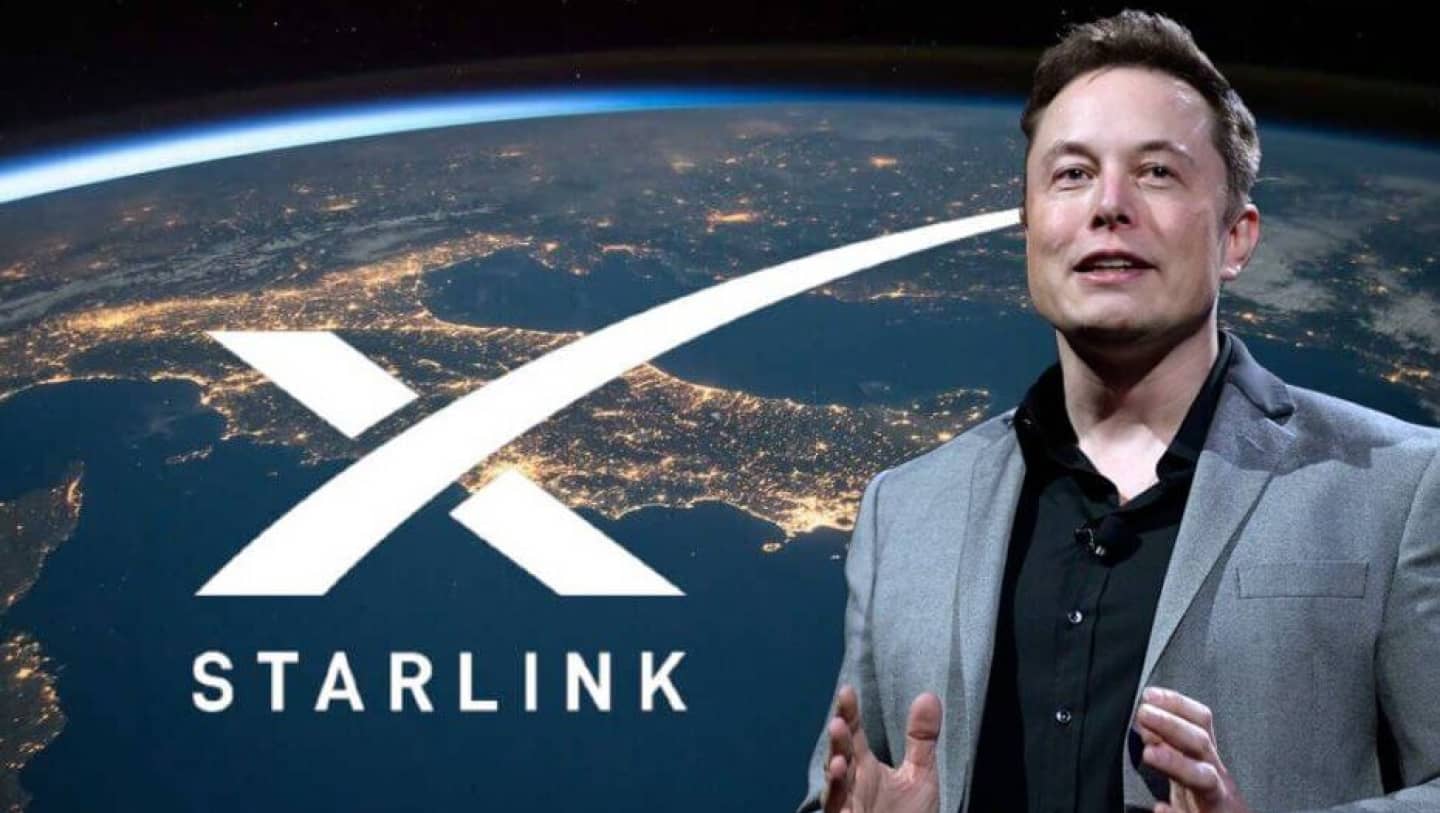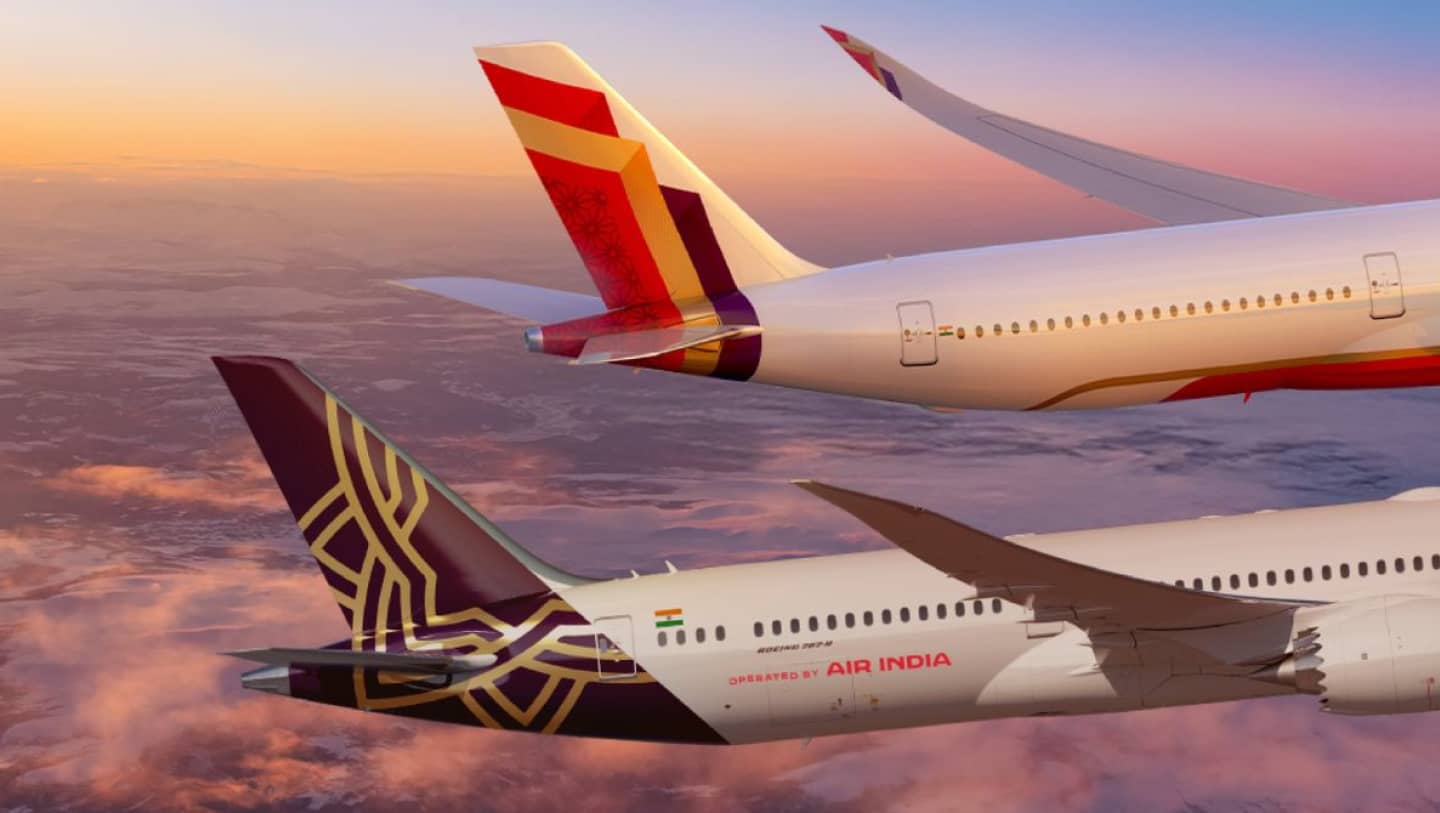Starlink, Elon Musk’s satellite broadband company, is advancing its license application in India after agreeing to meet the government’s data localization and security requirements, a Moneycontrol report said. These requirements, previously a major hurdle, are seen as critical to Starlink’s entry into the Indian satellite internet market.
With US President Donald Trump expressing interest in a key role for Musk in his administration, India’s Starlink ambitions may gain momentum. Musk’s support for Trump during the recent US presidential election, including fundraising efforts, could give his satellite company more leverage in regulatory matters as it seeks to establish its low-orbit (LEO) satellite Internet services in India, a report said.
Progress with the Indian Department of Telecommunications (DoT)
During recent discussions, Starlink has reportedly agreed “in principle” to comply with India’s data security and localization policies, a major step towards obtaining a Global Mobile Personal Communication by Satellite Services (GMPCS) licence. This license is required for Starlink to provide satellite broadband in India, although the company has yet to formally submit its contract.

The GMPCS license will allow Starlink to apply for trial spectrum for a nominal fee, which is necessary to establish its satellite network. Indian regulations require all satellite companies to store data in the country, and Starlink must demonstrate methods for secure access to data by intelligence agencies if necessary.
Apart from the GMPCS application, the Starlink design is also progressing at India’s National Space Promotion and Authorization Center (IN-SPACe). IN-SPAC Chairman Pawan Kumar Goenka recently confirmed that both Starlink and Amazon Kuiper are addressing the queries raised for final approval, the report said.
Awaiting Traia’s instructions on spectrum allocation
As Starlink Awaits Regulatory Clearance; The Telecom Regulatory Authority of India (Trai) is consulting stakeholders on spectrum allocation and pricing methods for satellite services. Spectrum allocation rules are expected by December this year, paving the way for Starlink and other satellite providers to begin operations.
Also Read
- Vistara passengers say farewell to the airline as it prepares to merge with Air India
- Thailand indefinitely extends visa-free entry for Indians
Competition with local telecommunications operators
The entry of Starlink and other global satellite providers has intensified competition with Indian telecom giants including Reliance Jio, Bharti Airtel and Vodafone Idea. At a recent open house, local providers raised concerns about spectrum allocation and pushed for an auction-based model that would ensure fair competition in urban areas where satellite services would compete directly with terrestrial networks.
However, Starlink argues that satellite and terrestrial networks are fundamentally different, and administrative allocation of spectrum, rather than auctions, would better support satellite communications. Starlink India director Parnil Urdhwareshe said that if telcos can share 5G spectrum, satellite operators should similarly benefit from administrative spectrum allocation, the report said.



